Scientists Have Created Natural Sponges That Soak Up Nano-Plastics
The sponges are light as a feather, and inside their pores, not only microplastics, but nanoplastic particles of less than one micron in size
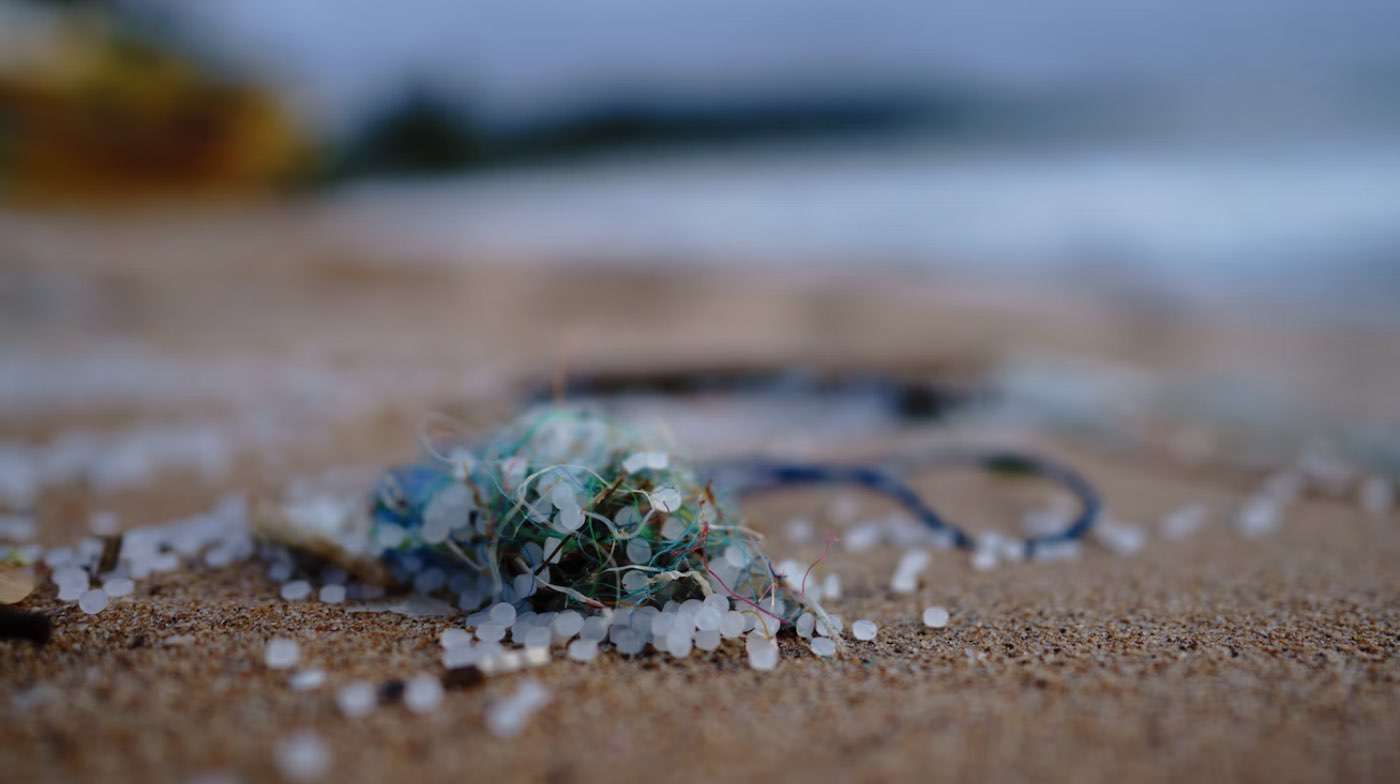
The sponges are light as a feather, and inside their pores, not only microplastics, but nanoplastic particles of less than one micron in size
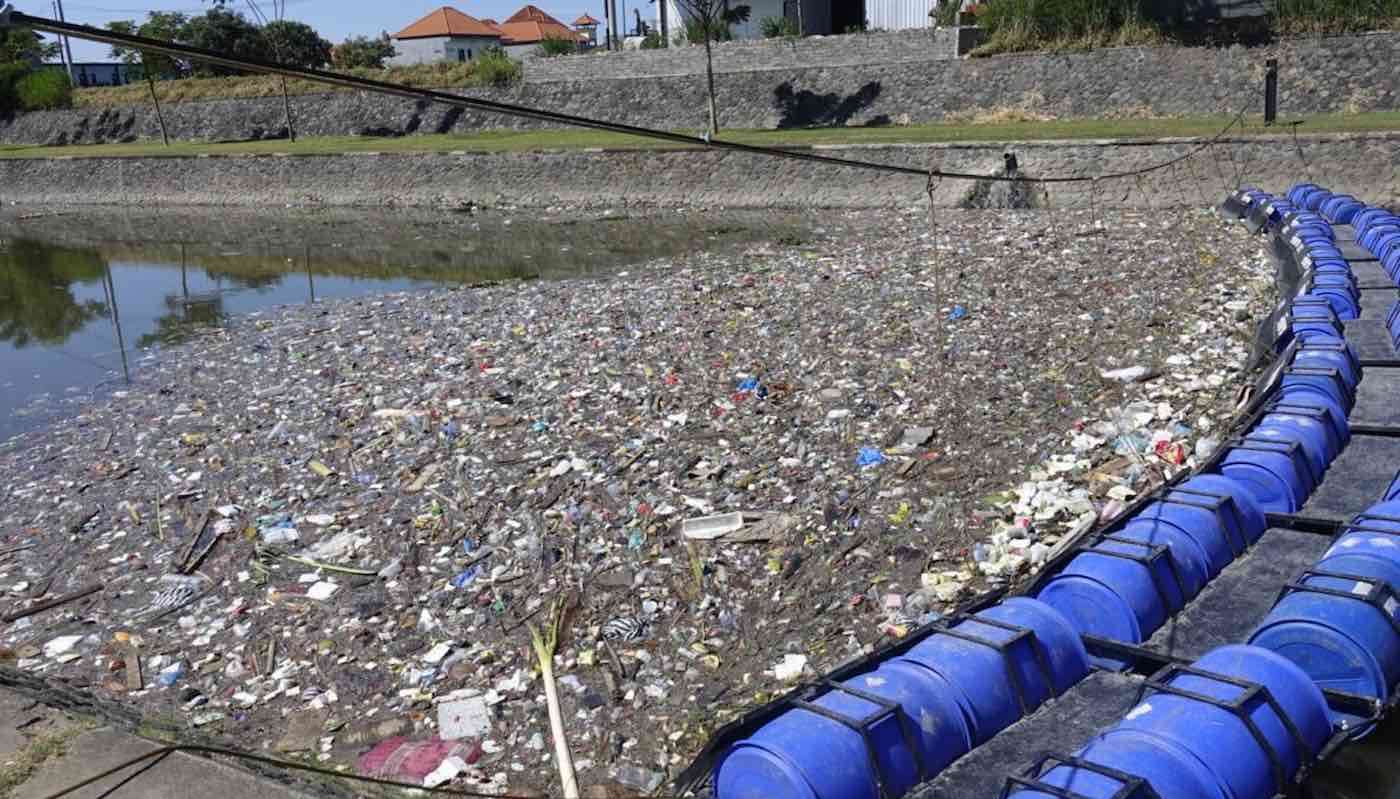
With his two siblings, Benchegjib started Sungai Watch, in October 2020 and have since completed over 700 cleanups.
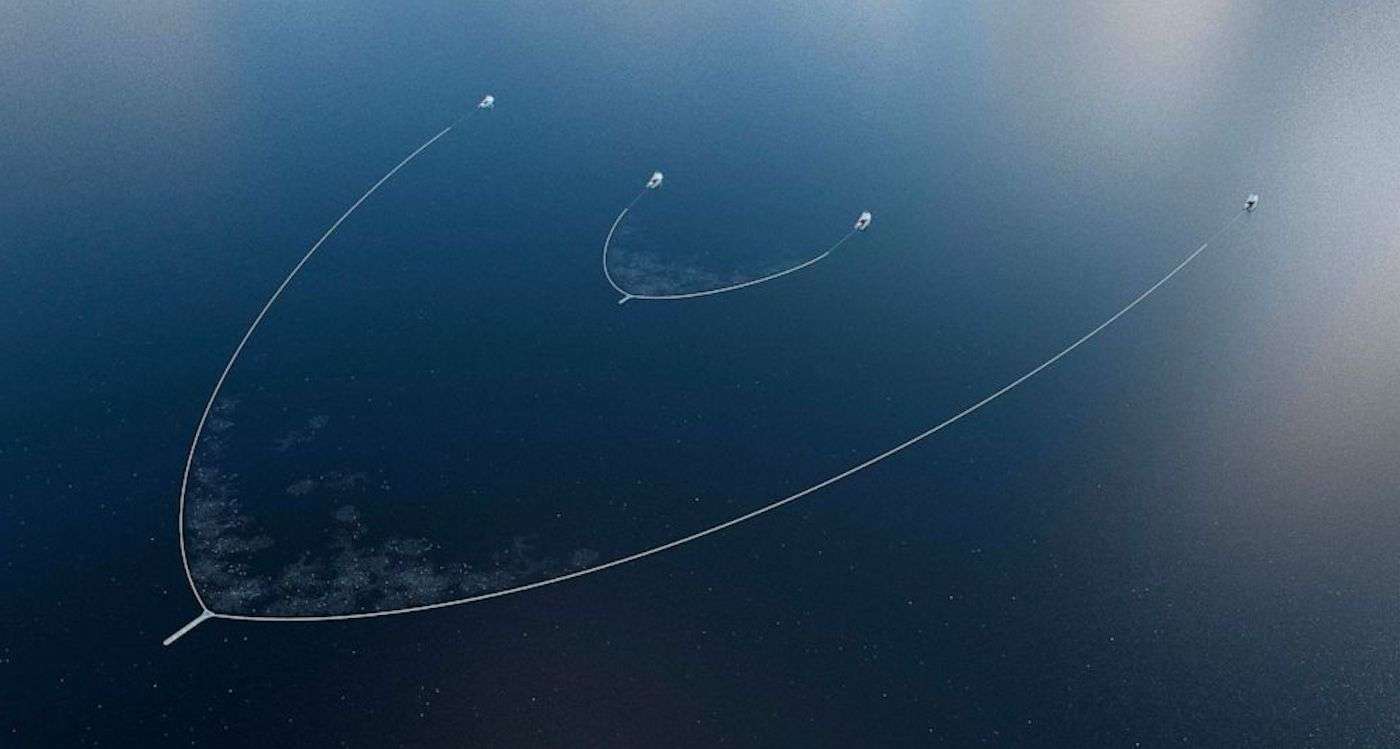
The Ocean Cleanup deployed a new system to the Great Pacific Garbage Patch capable of cleaning an area of a football field every five seconds.
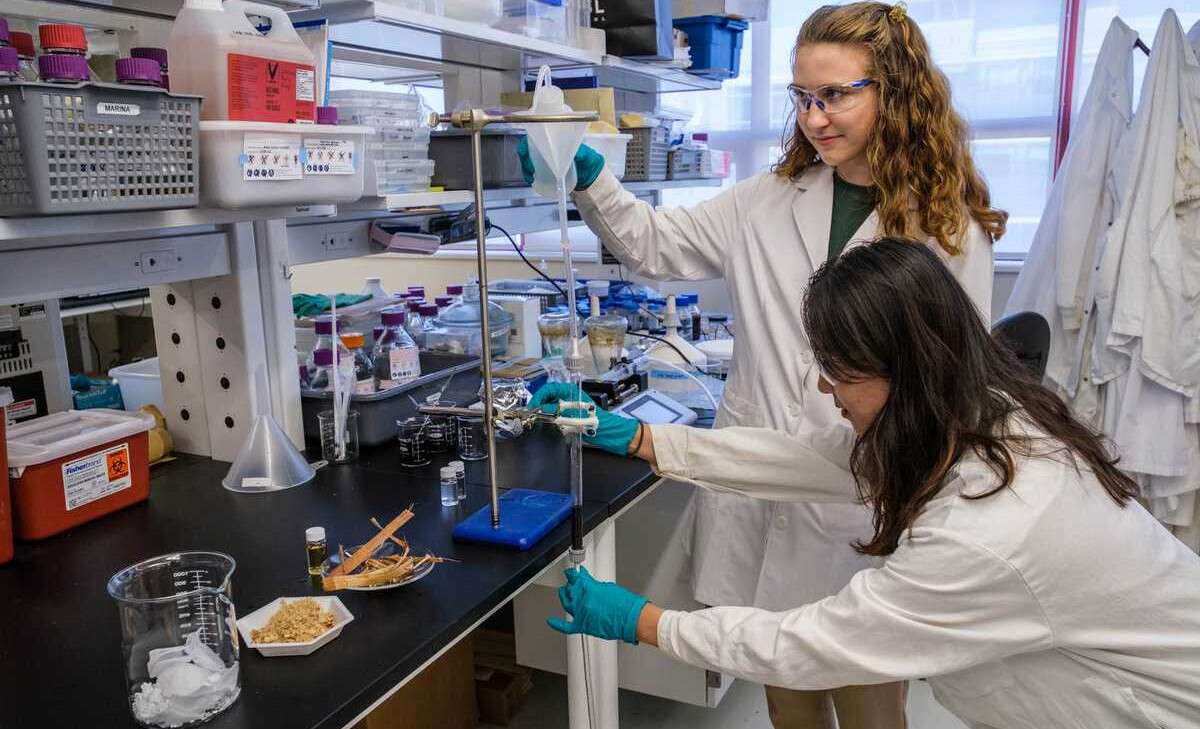
The health of effects of ingesting microplastics are, predictably, not good, though the science is in its early stages.
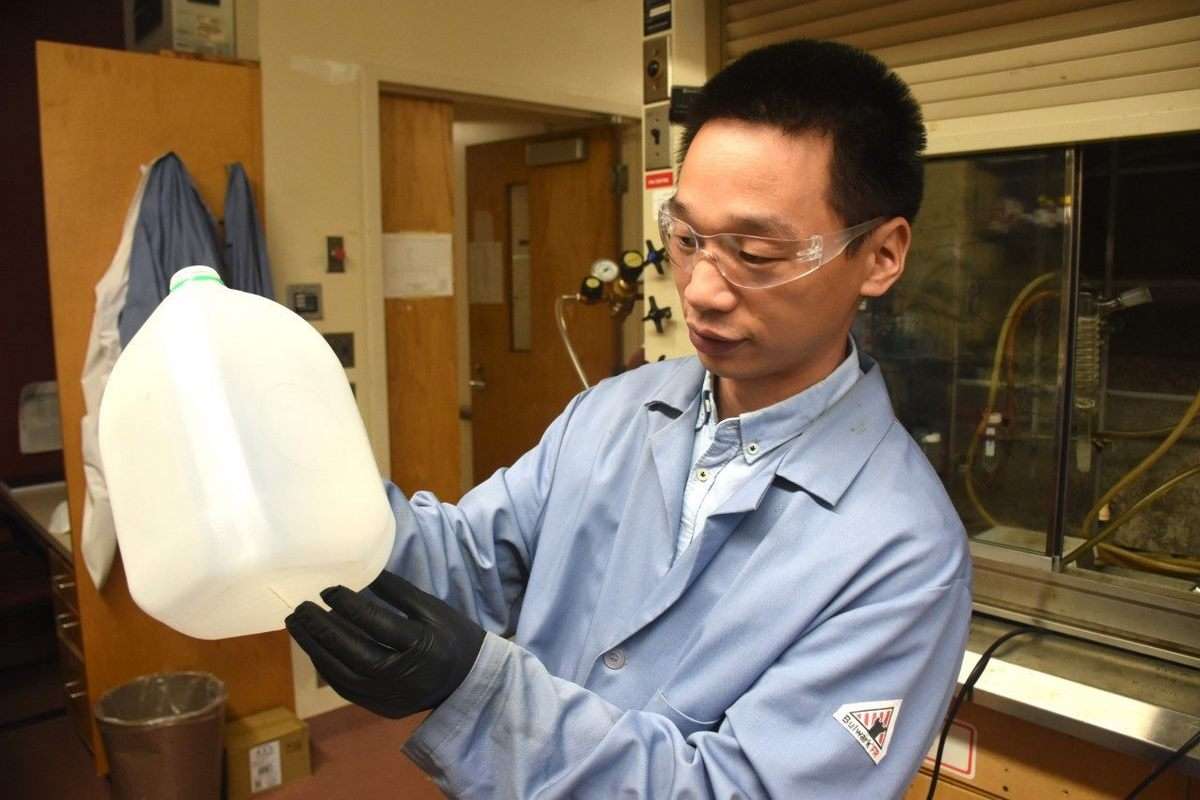
Having considered the question for some time, Liu was struck by inspiration while enjoying a winter evening by a fireplace
Last year, the Dutch non-profit completed the test run of their new system 002/B which can capture multiple tons of garbage in one sequence
Estimates range from 50 million tons to 300 million tons, but the actual amount is likely somewhere around 3.2 million tons.
The Lawrence Berkeley Lab has created a new infinitely recyclable plastic that could be the answer to the world's growing pollution problem.
While polyethylene, the plastic in shopping bags has never been used for clothing, MIT scientists used it to make the perfect fabric.
4ocean has reached a stellar milestone: 30 million pounds of plastic waste recovered from the oceans, rivers, and coastlines.
The authors state it is a result of locally focused waste control strategies, and what Australians can do when they band together.
When the Nylon-6 samples reached melting temperatures the catalyst caused 99% of the plastic returned to its original building blocks.
Every 4ocean bracelet sold will plant a live coral on a damaged reef-and you can watch your adopted coral grown in a nursery.
The E. coli can upcycle discarded PET into adipic acid, widely relied on in cosmetic, pharmaceutical, and fragrance industries.
For the first time in history, activists have cleaned up some of the trash from the Great Pacific Garbage Patch—and they will quickly collect much more.
Following the deployment from San Francisco, the Ocean Cleanup is showing success during its final testing before taking on the Great Pacific Garbage Patch.
Scientists have uncovered yet another way that we can do our part to help keep oceans clean-all we have to do is ditch the "delicate" wash cycle.
English citizens are using fewer and fewer plastic bags every year thanks to a 5-cent tax that was introduced by the government in October 2015.
Since the new material is tougher than most other substances that we produce today, it could one day be a viable replacement for plastic.
Not only has the program helped to keep the streets clean, it has also helped to fill the stomachs of financially strapped villagers.
Recent Stories
A Heartfelt Reminder to Appreciate the Ones We Love
Cherish the Woman Who Stands by You
Breaking Generational Cycles of Pain
Living by Your Own Values, Not Others' Approval
When Life Brings Rain, It’s Okay to Rest
Before You Judge Someone's Life, Take a Moment to Walk in Their Shoes.
A Friend Who Spreads Gossip is Not a True Friend at All
The Value of Human Connection Over Digital Convenience
The Quiet Kind of Love
One Day, Your Mom Won’t Call You Anymore
I’ve reached a point in my life...
Happiness is a mindset, a conscious choice we make every day